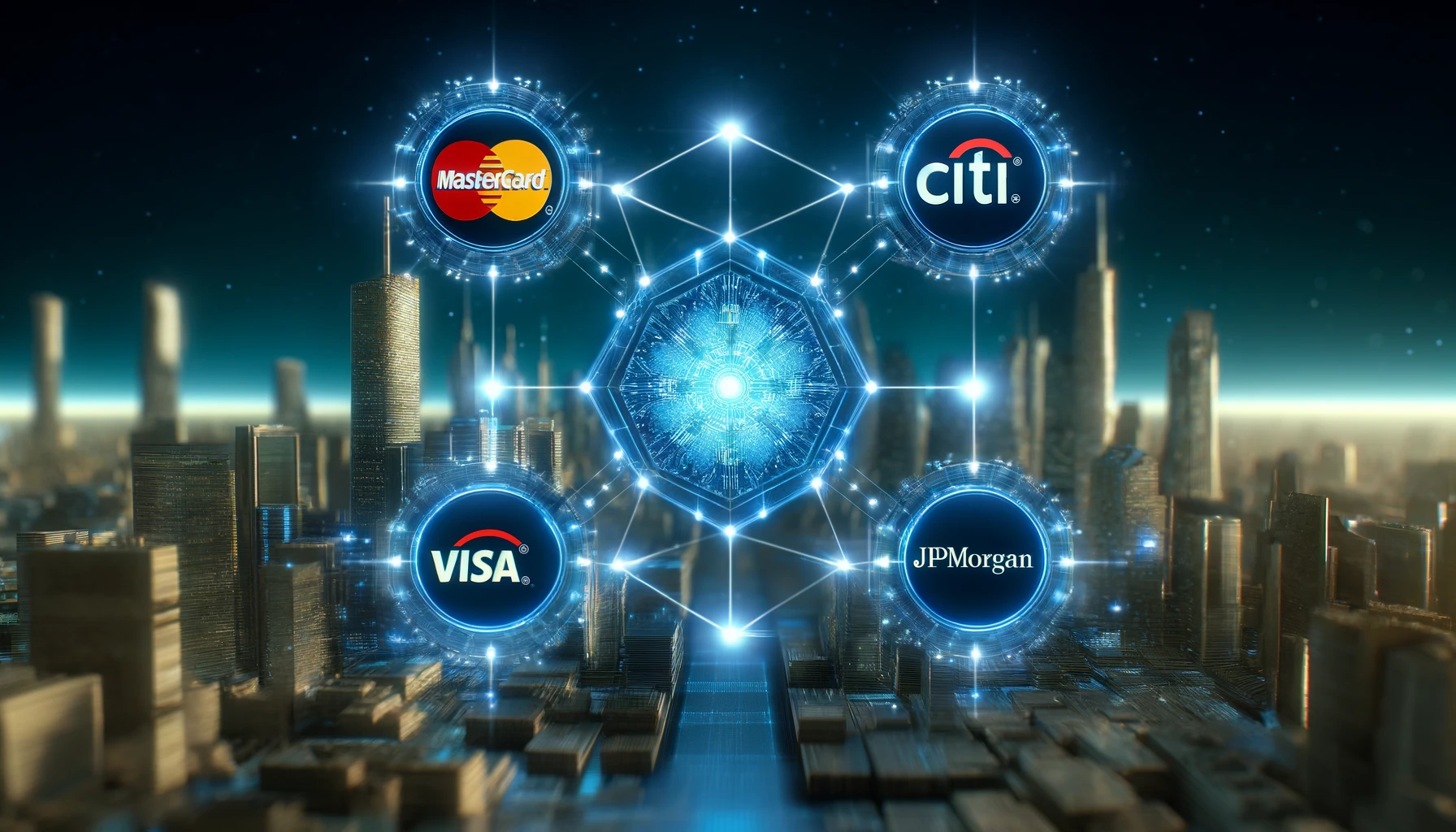Mastercard, alongside a consortium of heavyweight U.S. banks including Citigroup, Visa, and JPMorgan, is pioneering blockchain in financial settlements. This collaborative venture seeks to harness the potential of tokenization to unify and streamline the settlement process across various asset classes through the Regulated Settlement Network (RSN).
Tokenization at the Heart of Innovation
The RSN initiative represents a significant step forward in the financial sector, allowing the tokenization of diverse assets such as U.S. Treasurys, commercial bank money, and investment-grade debt. The project aims to create a more integrated and efficient settlement environment by bringing these different assets onto a single, shared ledger. This approach promises to simplify the current complex systems, enhance transparency, and reduce the risks associated with errors and fraud.
The ongoing proof-of-concept trials build upon a 12-week pilot that commenced in late 2022, originally focusing on domestic and cross-border dollar payments. The expanded trial now includes simulations of settlements in U.S. dollars and integrates significant new participants, such as the USDF Consortium and the Tassat Group, with Deloitte providing advisory support.
Expert Insights and Industry Participation
Raj Dhamodharan, Mastercard’s head of blockchain and digital assets, emphasized the transformative potential of shared ledger technology, stating,
“Application of shared ledger technology to dollar settlements could unlock the next generation of market infrastructures—where programmable settlements are 24/7 and frictionless.”
The project also benefits from the involvement of a wide range of banking and financial services giants, including Swift, TD Bank N.A., U.S. Bank, Wells Fargo, and Zions Bancorp, along with expertise from institutions such as BNY Mellon and the DTCC.
This initiative is part of a broader trend where financial companies globally are increasingly exploring the benefits of blockchain and shared ledger technologies. The outcome of these trials could significantly influence the future landscape of financial transactions, potentially leading to widespread adoption in the industry. However, it’s important to note that the current trials are experimental, and their success does not necessarily guarantee immediate commercial deployment.
